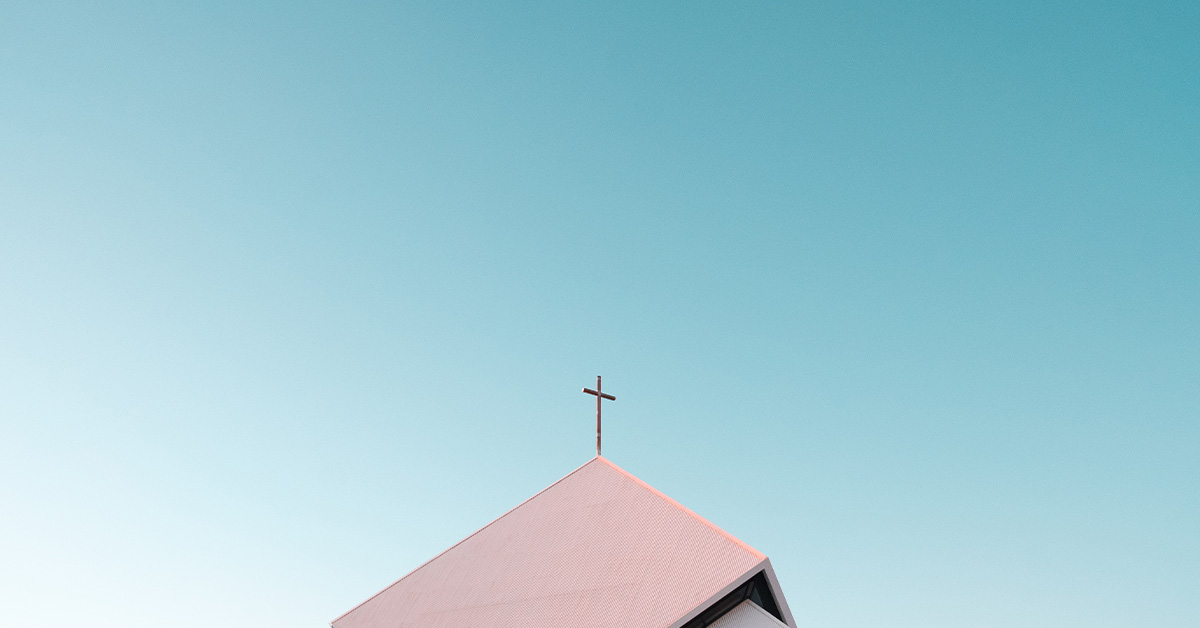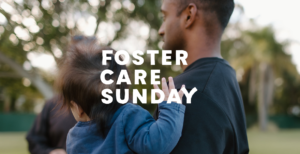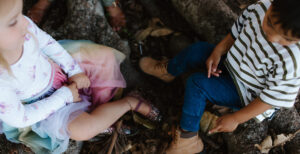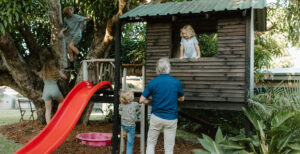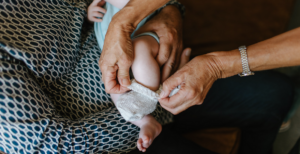Doing hard things. Michelle & Steve’s story
Steve and Michelle are on mission as a family. They do all sorts of Foster Care, providing short-term care which might be a week or a few months, longer-term care, respite care for children who are already in a placement to give the carers a break, as well as emergency care which might just be for a weekend or a week or two.
They are an example of a life lived on mission, not without its challenges but full of purpose and evidence of a faithful God who keeps providing.
When asked why they foster, Steve keeps it simple saying, “We foster because we think that we should. We feel like God has led us to a place where we have got the skills and ability to be able to do that.”
“Jesus asks us to look after the orphans and widows and the people that are marginalized and this is one way that we feel like our family can do that.”
Michelle says. “We really wanted to do something that our whole family was a part of, not just us as the adults. So, this is something that our family is doing to love other people just as Jesus loved the people on the edge and the people that might’ve been rejected or left out. We want to do that together as a family.”
Steve says, “One of the greatest joys we’ve found is our kids being part of what we do and the journey that we’re on. And the little moments. There’s plenty of little moments you have with the child that is in your care that are just beautiful; the one-to-one’s, the really key moments.”
Michelle adds, “It is our way of showing children that they’re loved and they’ve got a safe place in the world. We want to show the kind of hospitality Jesus showed to other people. That’s hopefully part of bringing about change and showing these children there’s a different way to do family, there’s a different way that they can live and do relationship, to be in a safe, healthy family and to model unconditional love to them.”
Michelle and Steve don’t sugarcoat this mission they’ve chosen as a family. “Foster Care can be hard, there’s no doubting that,” Steve says honestly. “There are moments that happen that we wish didn’t happen, but we continue on with God’s strength and his love. But anyone can be doing that, we’re not superhuman, it just means that because we have God with us, we can do it.” Michelle says, “We’re big believers that God provides all we need no matter the situation. So, if we’re trusting him and stepping into things in confidence that he’s going to give us all that we need, whether that be practical needs, or emotional energy, or spiritual needs, we believe he’ll give all those things to us as we go on the journey of doing hard things.”
When asked about a particular hard moment Steve says there are a lot to choose from. He recalls one of the recent ones. “There was a time where we had a young person in our house who left. It was hard for them too because things don’t look like in our home what they’d looked like for them growing up. So they left our house saying that they’d be back in a few minutes but that didn’t happen. We ended up with the police finding them and bringing them back to our home. There were a lot of stories and things to work through for us to try to help reconnect with them. And that was hard.” “Foster Care can feel quite isolating and lonely at times,” Michelle says, “Sometimes it feels like other people who haven’t done it don’t really understand what it’s like to be in the situation that you are.”
Michelle reflects, “There have definitely been some moments that I’ve felt God whisper to me.
In really challenging moments of a child being difficult or rebellious, I’ve heard God say to me, “but I didn’t give up on you,” in a way that prompted me to keep going, not to give up even though loving a child is hard, because His love for us is relentless and he wants us to keep pursuing these children because they need to know that they’re loved just as much as I need to know that I’m loved.”
“The sense that we’re not doing it alone is really important,” Steve says, “Just little things where people realized I can’t do that myself, but I can support people who are doing it; that’s been beautiful.”
“It’s definitely helpful to have other people support us. We’ve had people providing meals, helping babysit children, helping transport our kids to certain things. Through church we’ve had people who we didn’t even know be connected to us as a prayer support and they’d just text us and ask us for any specific prayer needs that we had. So we have had really great practical support as well as emotional support. It means that even though we feel like we’re doing the bulk of the work by having the children in our home, there are other people around who will if asked, or even unasked, come and help us. It just means one less job we have to do, or one less meal we have to cook, or one more person praying for you, or who’s going to check in to see if you’re going ok, to know that there’s people behind us and gathering around us to do what we’re doing on the front line.”
Perhaps the radical hospitality of opening your home to a child or young person will be part of your story. Even if it’s not, we can all do something to support those opening their homes to children and young people in Out-of-Home Care. Explore how you can get involved at the link below.
The Homeward Project equips churches to make a difference in the Out-of-Home Care space in their local community. Learn more about how we can support your church at the link below.
